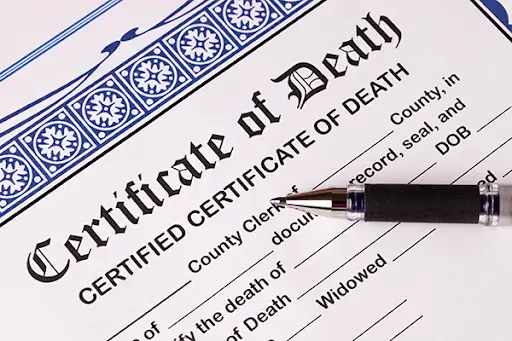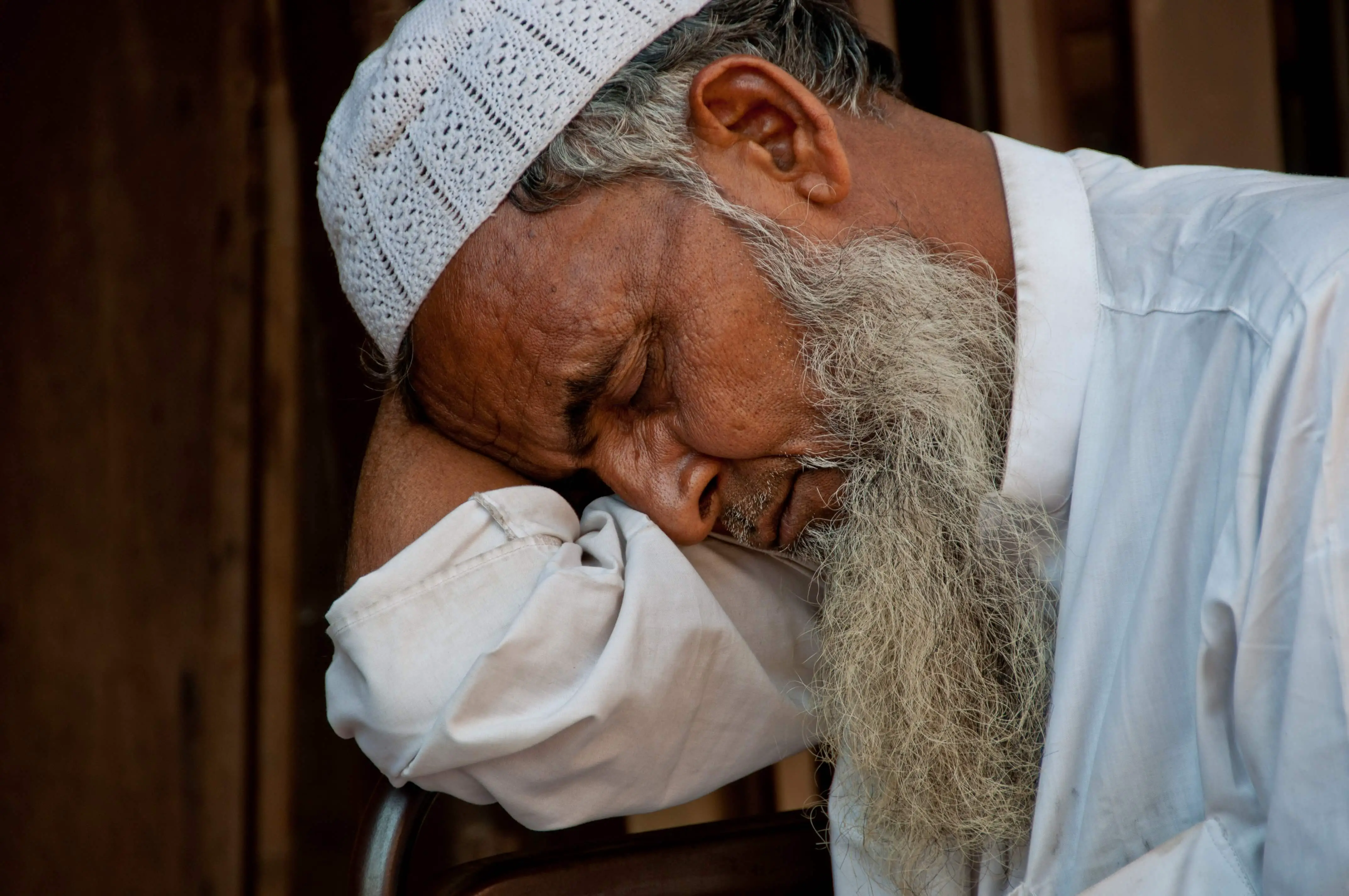Making final burial and estate arrangements can be confusing and complicated. There will be accounts to close, estates to manage, and policies to navigate. All of these will require a death certificate, so it’s important to understand the basics.
What is a death certificate?
A death certificate is a formal and legal document issued by the government, medical examiner, or licensed health professional that declares a person’s official time, date, cause and location of death.
How long does it take to get a death certificate?
Processing times for death certificates vary from state-to-state. However, most funeral homes require this certificate or a temporary one before they can complete funeral arrangements, and certificates are generally available within a few days to funeral home directors.
Who can order a death certificate?
While some states allow anyone in the public to request informational death certificates, only immediate family such as child, spouse or parent are able to obtain certified copies of the death certificate so that they can process final affairs. Informational copies may not include information such as the last known address or cause of death, but certified copies will include those things, including the surviving spouse’s name.
Who issues a death certificate?
The fastest way to obtain a death certificate of a loved one is to order it through the funeral home, crematory, or funeral director helping to facilitate end of life arrangements. These professionals do this every day and can work with you to quickly obtain the legal paperwork you need to process final estate and other affairs. Going through the funeral home will make your process for obtaining a death certificate easier and give you peace of mind.
Another way to obtain a death certificate is to go through your state vital records office. Similar to the way you would request a birth certificate, you can get a certified death certificate for a fee.
Why do I need a death certificate?
If you are either a beneficiary or executor of an estate, you will need a certified copy of the death certificate to take care of final affairs. For example, to file a life insurance claim, this document is important. Without it, you won’t be able to file that claim. For this reason alone, it might be a good idea to ask the funeral home director to order this for you while making burial or other final arrangements.
You may also need a death certificate to close bank accounts, receive pension or other spousal benefits if you are the surviving spouse, and to notify your mortgage company. Certificates are also important if you need to notify various agencies such as Veteran’s Affairs or Social Security to receive survivor benefits too.
Do I need a death certificate in order to do the burial?
Depending on the state, specific paperwork/process will vary, but you will either need the “Death Certificate,” “Temporary Death Certificate,” or some type of official document or report that outlines the basic details related to the death. Once this has been obtained only then can funeral preparations start and a burial permit obtained.
For cremations, a death certificate must be complete, whereas standard burial can typically move forward with the temporary paperwork
Who is Authorized to Complete Death Certificate?
A death certificate is completed by a medical officer and a licensed funeral director. The medical officer confirms the death, and the funeral director ensures that the body is handled correctly. The funeral director then fills out the death certificate with the county health department.




